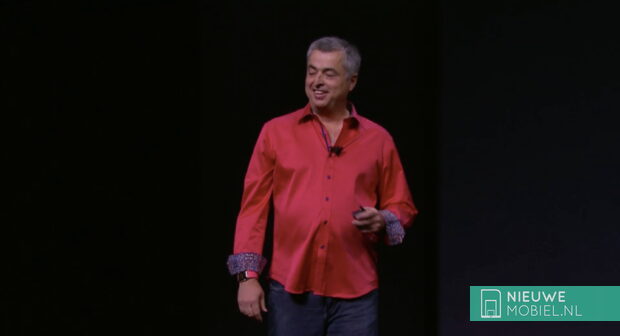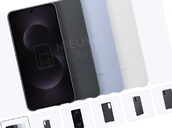Apple top executive: iPhone may not exist in 10 years
In testimony, Apple chief Eddy Cue has made a remarkable statement. According to him, in 10 years you may no longer need an iPhone at all. He sees the strong rise of AI as the reason for this.
The first iPhone saw the light of day in 2007. It was not the first smartphone, but it did change the way we viewed smartphones. It is now 2025 at the time of writing and the iPhone is anything but dead. In fact, it is one of the best-selling smartphones in the world. But for how much longer?

Eddy Cue thinks things could look very different in 2035. The rapid rise of AI has already killed off companies and industries. And it's goied possible, according to Cue, that AI will have completely negated the need for a new iPhone by then.
Incumbents have a hard time ... we're not an oil company, we're not toothpaste -- these are things that are going to last forever ... you may not need an iPhone 10 years from now
But what exactly will take its place? Cue is thinking about wearable devices with built-in AI features. Electronics are getting smaller and smaller, and can handle smaller batteries, paving the way for new products. We then think first of Apple's VR glasses the Vision Pro. That one is currently big, heavy and needs an external battery pack to work, but who knows what it will look like in 10 years?
Previously Failed Portable AI Products
For now, that sounds like future music. There are already companies that have released wearable AI devices. We like to remind you of the Human Ai Pin; a clip with a built-in camera that could ask you questions. The product received scathing reviews and went out of business in 2025. Or how about the Rabbit r1; a little screen with a dial that allowed you to consult ChatGPT. It too was slaughtered by the press.
Smart glasses
Facebook is taking a completely different tack. They are betting on smart glasses in partnership with Ray-Ban. The glasses can film and record voice messages. Meta AI is built in but you can't view images back on the glasses like back in the day with the Google Glass. According to Meta, we don't have to worry about privacy because a light indicates whether the user is recording images. As if that's reassuring.
Long way to go
Here at NieuweMobiel.NL, we have been tracking wearables such as smartwatches and VR glasses for years and they have never reached the popularity of smartphones. Not by a long shot. A lot has to happen before that happens. We think about a killer app, breakthroughs in battery technology and affordable prices. But things can move fast. Just ask Nokia, BlackBerry and LG.



